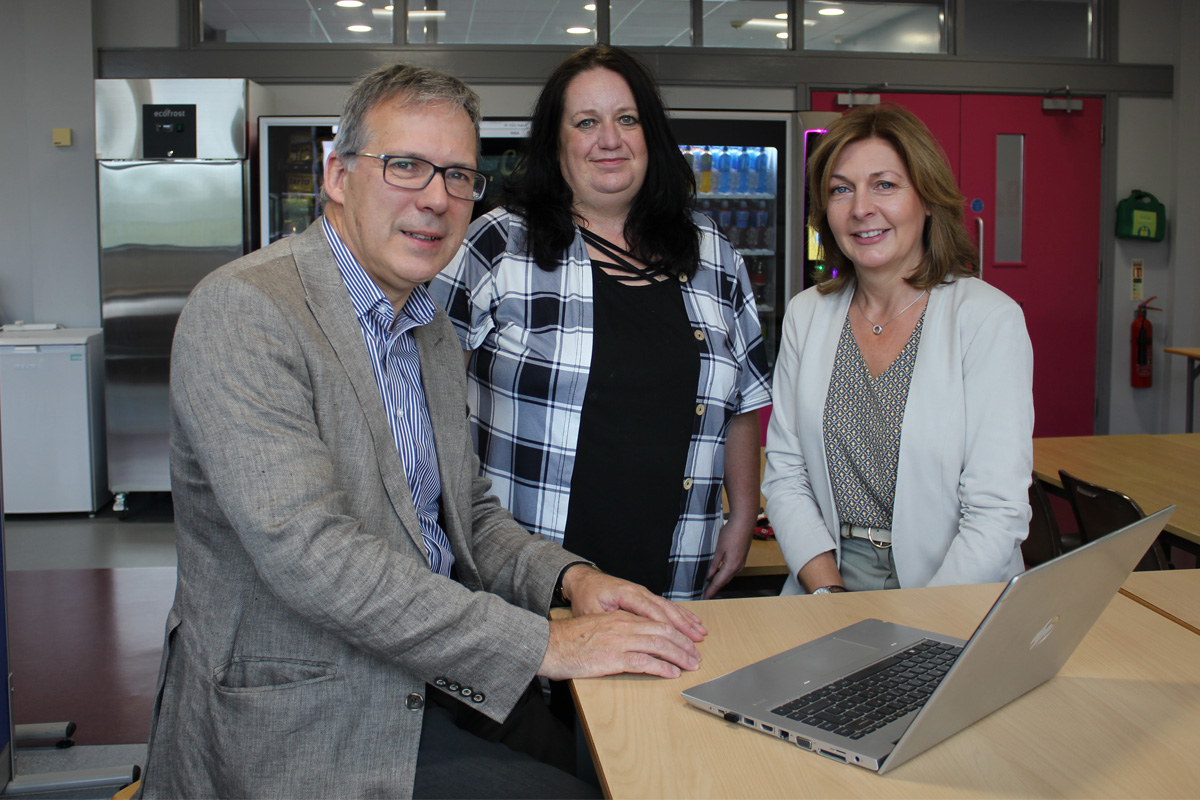Polling Shows Teachers, Young People and Parents Want Exam System to Change

The high-stakes nature of England’s exam system is having a harmful impact on the mental health of young people and their teachers, new polling suggests. The polling also found that they believe the current system is unfair, takes enjoyment away from learning and puts people off life-long learning.
Teachers and young people believe that reform of the assessment system would improve the mental health of pupils and teachers alike.
Reform has wide support across teachers and young people – with three-quarters of teachers and seven in ten students believing that secondary assessment needs reforming.
Shifting to a mixed mode of assessment combining coursework-based assessment alongside some exams would be welcomed by a majority of teachers (68%) and young people (51%) alike and would help improve mental health and well-being.
Research conducted by Deltapoll, sought the views of teachers and young people who had been through the exams system in the last 5 years. The polling found that almost half of teachers (49%) and 4 in ten young people believed the current exam system impacted negatively on student mental health. This was compared to just 24% of teachers and less than a third (31%) of young people who felt the exams system had a positive impact on mental health.
The research also showed 43% of teachers believed their mental health was impacted negatively by the current exam system with only 25% believing their mental health was improved by the system. Polling from Parentkind also reflected similar opinions from parents.
The polling comes days after this year’s exams results were announced and follows the publication of an expert report, earlier this year, from the Independent Assessment Commission (IAC) which recommended fundamental changes to GCSEs and A-Levels including a call to ‘End high-stakes examinations as the only mode of assessing student achievement.’
Commenting on the findings Robin Bevan – IAC Member, leading Headteacher and NEU President 2020-21 – said:
“This evidence from teachers and pupils throughout England is quite clear. If we do not change the way we examine our young people we will continue to put the welfare of millions of pupils and their teachers at risk.
“Teachers and young people not only recognise that our exam system is obsolete, but that additionally it is harming both pupil and teacher mental health.
“Government and policymakers should be taking note of these results which show the broad consensus for reforming our exam system at age 16 – in particular, moving to a mixed mode of assessment would be fairer, equally reliable, and would improve mental health outcomes.
“The Independent Assessment Commission has set out a series of recommendations for reform built on the expert evidence from across educators, business leaders, academia and young people. With this year’s exam results now out, the time is right to start the imperative work of reshaping our assessment system so that it is fit for purpose and fit for the future.”
Other research conducted by leading Parents’ Charity ParentKind, also suggests support for change amongst parents.
IAC Member and Parentkind CEO John Jolly said:
“We hear very clearly what parents are telling us: the overwhelming majority think that how we assess teenagers needs to be reformed. They are equally clear in the reasons why they have come to that conclusion. Primarily, they are concerned about the impact of end-of-course exams on children’s well-being. Our research in recent years has shown that challenges to children’s mental health is a major and growing parental concern, and anxiety over exams is a significant part of that, as is the negative impact the current high-stakes approach has on children’s enjoyment of learning.
“Secondly, and no less significantly, parents are sceptical that the current exam model is fit for purpose in demonstrating children’s knowledge and skills and in preparing them for further or higher education, or indeed the workplace. A national conversation about the future of assessment is becoming more high profile and more urgent, and it is vital that policymakers consult with all stakeholders, including parents, when it comes to reviewing and updating how we measure and reward children for their academic achievements.”











Responses